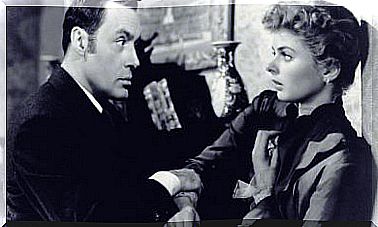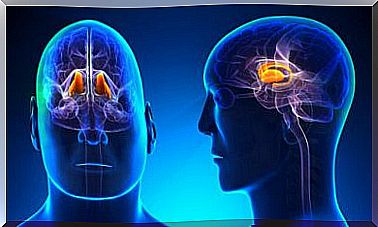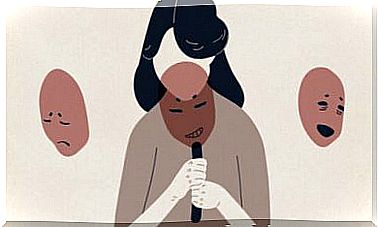The 4 Vital Attitudes, According To Transactional Analysis

Vital attitudes are a central concept in transactional analysis. This is an approach to psychotherapy derived from humanistic psychology that emerged in the 1950s of the 20th century. Its creator was Eric Berne, a Canadian physician and psychologist, influenced to some extent by Freudian psychoanalysis.
According to the transactional analysis, there are three states of the self: Child, Parent and Adult. El Niño would motivate impulsive behavior and focused on the immediate. The Father is associated with the prejudices, opinions, norms and laws that the parents have transmitted. The Adult is the state of autonomy.
From these three instances vital attitudes emerge. For Eric Berne, life attitudes are a kind of “scripts”, that is, stereotypical ways of acting. These are unconscious and determine the way in which a person relates to the world. Such attitudes are as follows.
1. I am wrong-You are fine, the first of the vital attitudes
The transactional analysis suggests that this is the first of the vital attitudes that a human being wields. In particular, this attitude would be structured during the first year of life and unconsciously. This vital attitude arises from the defenseless state in which a child is in front of the adults around him. He is the one who needs them because he cannot attend to their needs and he is also very vulnerable. Sometimes your call will be answered and sometimes it will not.
In adult life, this attitude can be maintained, sometimes because there was overprotection at that stage and later, no progress was made in emotional development. Whoever maintains this position becomes very demanding with the world. He wants attention, help, protection. It fosters a depressive, inferior and lacking self-confidence attitude.

2. I am wrong-You are wrong
In the second of the vital attitudes there is a structure in which the idea of a general malaise predominates. One is wrong, but the others too. Many define this attitude as nihilistic. It is configured in the second year of life, a stage in which the child receives less attention and caresses than during the first year.
At this stage reprimands appear, but also the exploration of the world leads the child to have more stumbles, falls and experiences of pain. You can create the idea that “everything is wrong.” A painful or tragic childhood causes this attitude to take root.
When this attitude persists in the adult, hopelessness, apathy and anguish predominate. There are self-destructive tendencies and lack of motivation or interest to move forward or solve problems prevails. They are not willing to risk or fight. One of his recurring phrases is: “everything does not matter.”
3. I am okay-You are wrong
This vital attitude is configured between 2 and 3 years and corresponds to the stage in which the child compensates the pain caused by the reprimands with caresses that he himself does. It is a self-compensating posture in which the other is relatively rejected, despised or nullified.
Children who suffer a condition of abandonment or violence at this stage are more susceptible to developing this vital attitude in a very intense way. It can end up being reflected in childhood and adult life as a persecuting or saving posture. Thus, the others are wrong and therefore must be eliminated or rescued.
This position is reflected in adult life as an absence of self-criticism, a conviction that one is always right, and a tendency to blame others for everything. It generates dominant people, given to judge others, fight or go over people.

4. I am fine-You are fine
This vital attitude has two different faces. The first is insane and has to do with a manic position : everything is fine, everything is wonderful, there is nothing wrong with me or anyone. These people generally received too much attention during childhood. The effect of this is irresponsibility and a lack of commitment. There is also a happy and carefree impulsiveness. Usually when these people have a decidedly negative experience they go to the opposite extreme: the nihilistic position.
On the other hand, this vital attitude can also represent the realist. In this case, what there is is something like: “I am more or less well and you are more or less well.” It corresponds to those who manage to channel their personal development autonomously and appreciate both themselves and others.
In transactional analysis, vital attitudes determine the quality of relationships with others. These, in turn, decisively influence the feeling of well-being or discomfort in the face of life and the possibilities of evolving.









